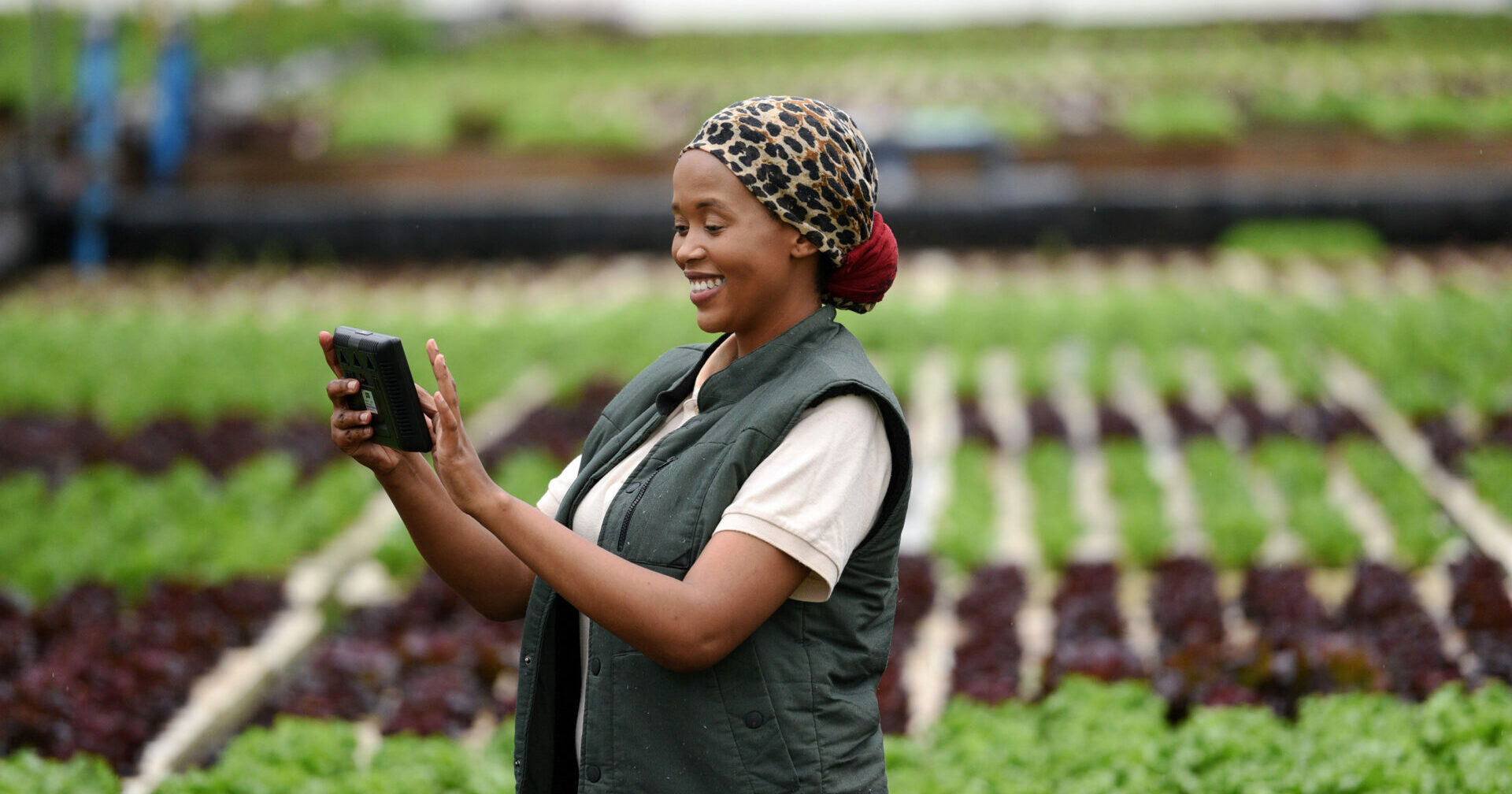Agriculture serves as the cornerstone of African economies, accounting for more than half of the continent’s employment and approximately 15% of economic output. Beyond being a source of livelihoods, agriculture is an arena where women play a pivotal role, actively engaged in producing, processing and marketing agricultural products.
Within the context of sub-Saharan Africa, 66% of women are part of agri-food systems, spanning both on-farm and off-farm tasks. This percentage not only surpasses the corresponding 60% for men, but also exceeds the global average of 36%. Africa’s male involvement is double the global average of 30%.
This pattern is especially pronounced in the off-farm segment, where women account for 60% of the workforce, higher than the global average of 41%.
Women represent a substantial portion of the agricultural workforce and form the backbone of Africa’s agriculture sector as smallholder farmers, who comprise more than 80% of all farms on the continent. These farms contribute nearly 80% of total food output in Africa. However, they are faced with a number of challenges, ranging from the impacts of climate change and land degradation, to limited access to modern technologies. Despite some progress over the years, average productivity across the continent has diminished. The agricultural value added per worker in sub-Saharan Africa stands at $1500, less than half the global average of $4000 and more than 50 times lower than in the most productive farming countries. Correspondingly, yields of the continent’s primary cereal crops have stagnated at less than 25% of their potential, with the average cereal yield in Africa being half that of India and one-fifth that of the US. This not only presents challenges to food security, but also acts as a catalyst for poverty among African smallholder farmers. It is against this backdrop that efforts are being made to leverage women’s central position in the sector to shape the continent’s agricultural landscape, and implement innovative farming practices.
According to the UN Food and Agriculture Organisation (FAO), agro-ecological approaches such as crop diversification, organic compost, rainwater harvesting and conservation tillage hold significant potential to reverse historically low productivity for small-scale farmers with limited access to resources, and who are particularly vulnerable to climate change and resource depletion. A 2009 report by the International Assessment of Agricultural, Science and Technology for Development scrutinised 286 projects covering 37m ha in 57 countries, revealing that sustainable agricultural techniques led to an average increase in crop yields of 79%. Similarly, a February 2023 report by the International Union for Conservation of Nature and the UN Framework Convention on Climate Change indicated that if 50% of farmers adopted regenerative agriculture across Africa, by 2040 the continent could witness a 30% reduction in soil erosion, a 20% increase in soil carbon content and a 16% rise in daily per capita calorie intake.
Against this backdrop, women farmers act as agents of change, driving progress towards ecological balance and increased productivity. With targeted efforts to accelerate the adoption of sustainable agricultural practices, this cohort is key to the continent unlocking its full agricultural potential.


